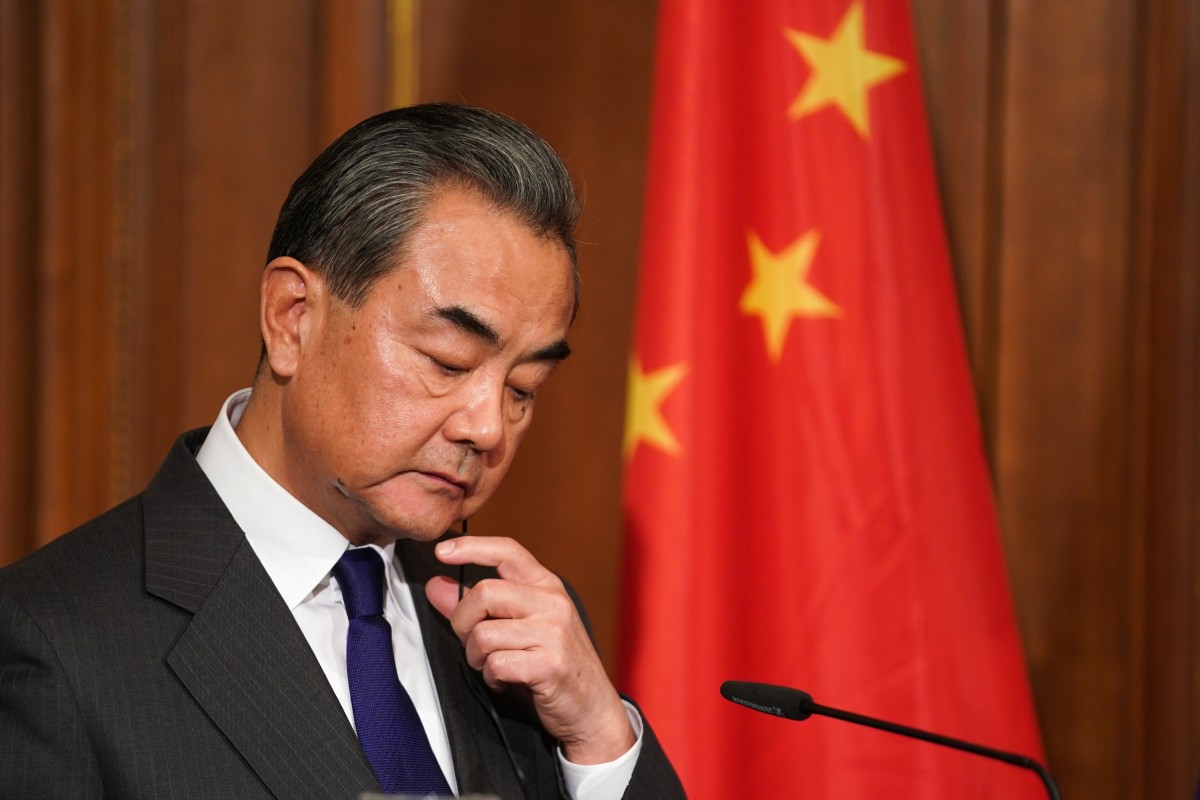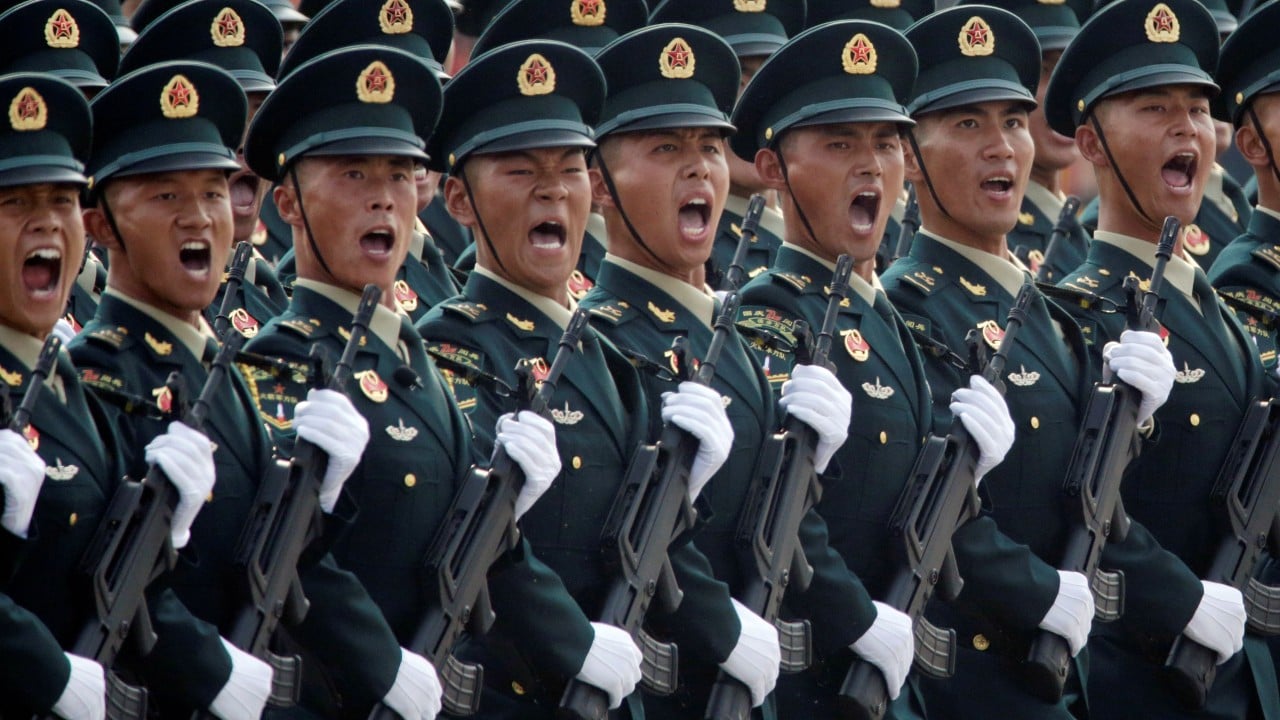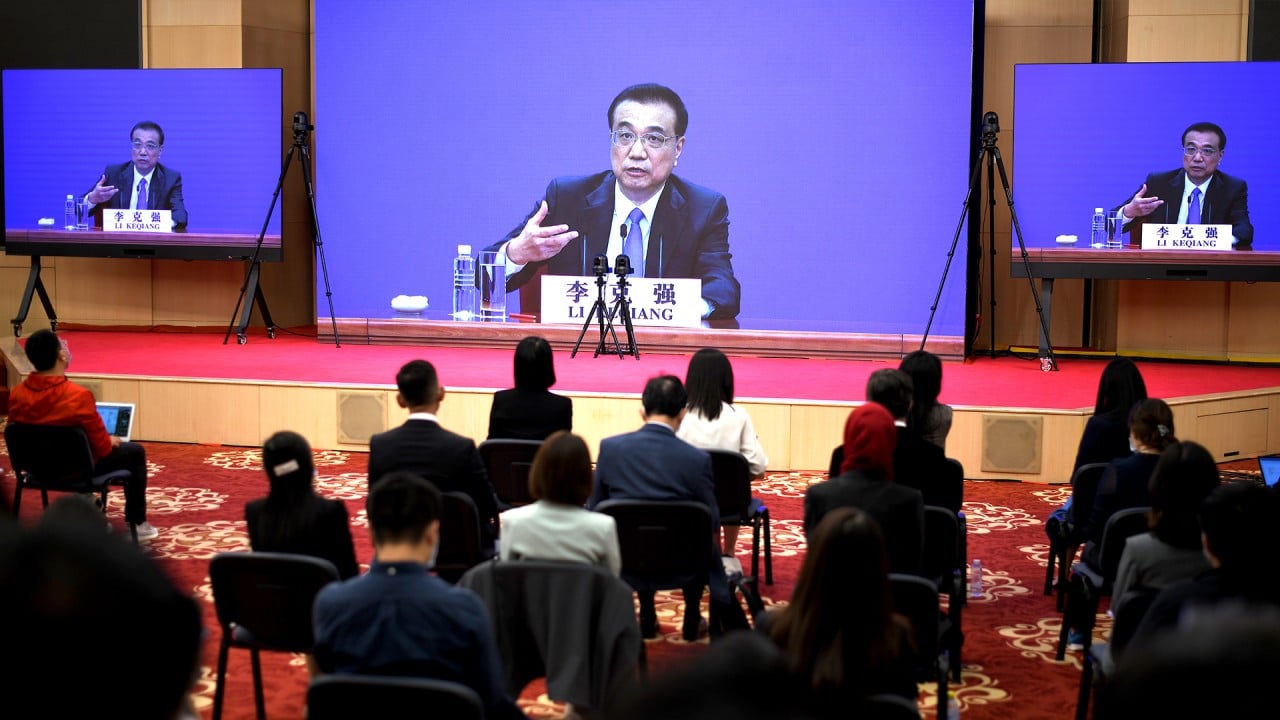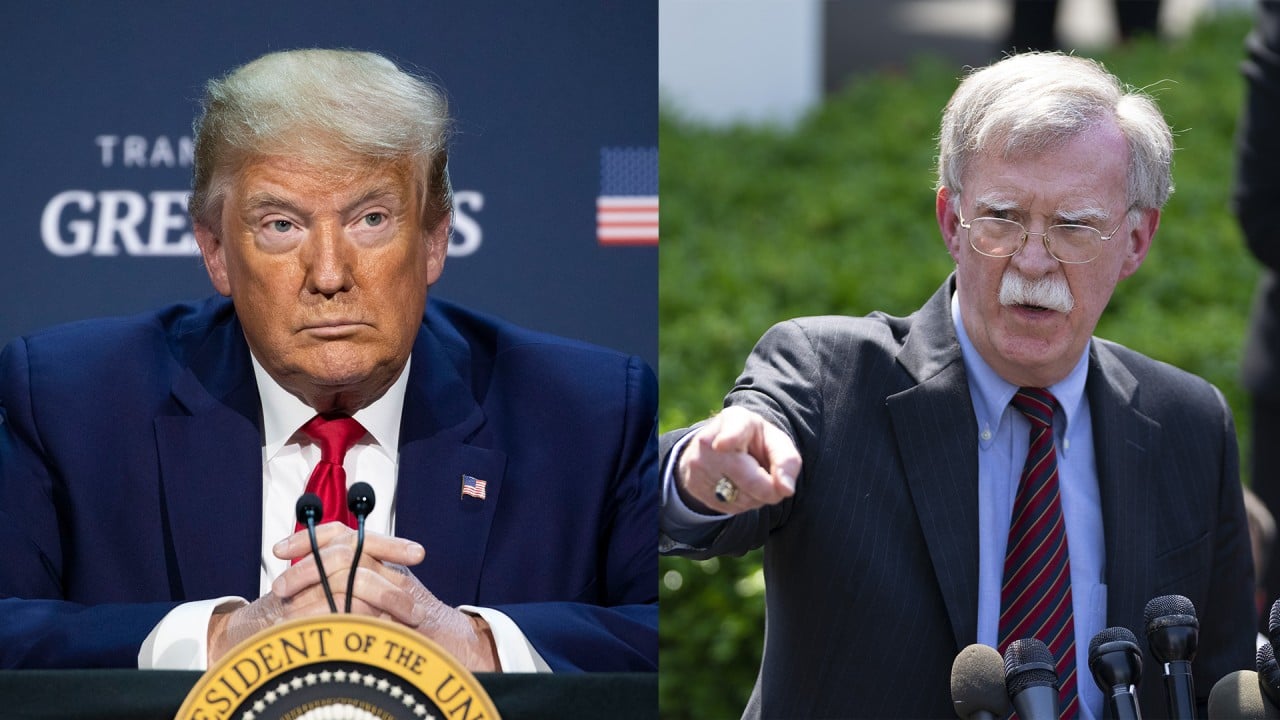Teddy Ng
 Wang became the most senior Chinese official in recent months to voice a more positive message for ties between the two, stressing that China would not displace the US as a superpower, and suggesting three lists that he said could identify and resolve disputes.
Wang became the most senior Chinese official in recent months to voice a more positive message for ties between the two, stressing that China would not displace the US as a superpower, and suggesting three lists that he said could identify and resolve disputes.
The reconciliation message followed months of sabre-rattling and rising calls for a decoupling of the two nations, and after top diplomats from both sides laid out the sticking points in their disputes in high-level talks in Hawaii last month.
In those talks, China’s top diplomat Yang Jiechi expressed Chinese frustrations over Washington’s actions concerning Hong Kong, Xinjiang and Taiwan to US Secretary of State Mike Pompeo.

Are Xi Jinping’s China and Donald Trump’s US destined for armed conflict?
“What is alarming is that the Sino-US relationship is one of the most important bilateral relations in the world, but is facing the most serious challenges since the establishment of diplomatic relations [in 1979],” Wang said in a speech in Beijing on Thursday.
“China’s policies towards the US have not changed, and we still want to develop China-US relations in a sincere manner.”
Wang said the two nations needed more dialogue to prevent mishaps, and China was ready to resume the suspended talks “as long as the US is willing”.
“Only through exchanges can we stop lies, and only through dialogue can we avoid misjudgment,” he said.

Chinese Premier Li Keqiang on pandemic, China-US tensions and Hong Kong
He suggested that think tanks in China and the US compile three lists, with the first outlining bilateral and global issues the two countries could work on, and the second detailing issues on which they have disputes but expectations that can be resolved through dialogue. The final list should be of issues that cannot be resolved.
“Then we should properly manage those disputes and minimise the damage to relations between the two nations based on the spirit of seeking common ground while reserving differences,” he said.
The two sides should also cooperate on pandemic control, Wang said, adding that China was willing to share its Covid-19 experience and vaccine development with the US.
The US has accused China of covering up the initial outbreak of the coronavirus that caused the Covid-19 disease, allowing it to spread to other nations, and US President Donald Trump referred to it as the “Chinese virus”.

Trump ‘pleaded’ for China to help him get re-elected, writes former US adviser Bolton in new book
In a tweet on Monday, Trump said China had caused great damage to the US and the world.
Military confrontation is also on the rise. The US has sent two aircraft carriers, USS Ronald Reagan and USS Nimitz, to disputed waters in the South China Sea for military exercises starting on Saturday – overlapping with drills China was holding in the region.
Chinese President Xi Jinping said in his latest telephone call with Trump in March that cooperation was the only choice for the two nations.
But tensions have continued to surface in multiple areas. The US has threatened to impose sanctions on Chinese officials for infringing on Hong Kong’s freedoms and over alleged human rights abuses in Xinjiang, and has imposed restrictions on Chinese state media operating in the US. Beijing has vowed to retaliate.
US-China trade and the Hong Kong security law; China's escalating tariffs on Australian exports
Some diplomats and pundits have said Beijing must brace for a full-blown escalation of tensions and prepare to gradually decouple from the US.
Wang said relations would not return to how they had been previously, but that did not mean the two should “forcefully decouple themselves”.
He added that the US should not attempt to “chase and intercept China in a frantic manner all over the world”, yet expect China to support the US in bilateral and global affairs.
Wang’s message could be part of Beijing’s attempts to calm down Washington ahead of the election, said Lu Xiang, a research fellow specialising in US-China relations at the Chinese Academy of Social Sciences.
“The message could be delivered to all the Americans, including policymakers in Washington that cooperation would benefit the US and would have positive impact on the political landscape and economic recovery in the US,” Lu said.
“For Trump, a worsening bilateral relationship won’t help him get re-elected, while for [Joe] Biden, targeting China will not benefit him either.”
Pang Zhongying, a Beijing-based international affairs analyst, noted that Wang’s emphasis on cooperation could be an echo of the former leader Deng Xioping’s “bide you time, build your capability” strategy, and may be a sign that Beijing was looking to make some changes to its aggressive foreign policy.
“I think the message means that China’s foreign policy is not rigid that there is still some room for adjustment,” Pang said. “But it may be too late as it is unlikely that China and the US could return to the track of cooperation because of their own domestic changes.”
Purchase the 100+ page China Internet Report 2020 Pro Edition, brought to you by SCMP Research, and enjoy a 30% discount (original price US$400). The report includes deep-dive analysis, trends, and case studies on the 10 most important internet sectors. Now in its 3rd year, this go-to source for understanding China tech also comes with exclusive access to 6 webinars with C-level executives. Offer valid until 31 August 2020. To purchase, please
No comments:
Post a Comment